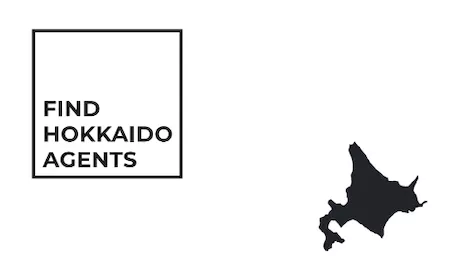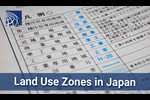Asian Buying Power in Japanese Real Estate

The following article is contributed by Graham Hill of Find Hokkaido Agents.
While Japan has historically been a very homogenous country, changes in population trends are bringing new buyers and foreign money to Japanese real estate.
Changes in the Demographics of Japan
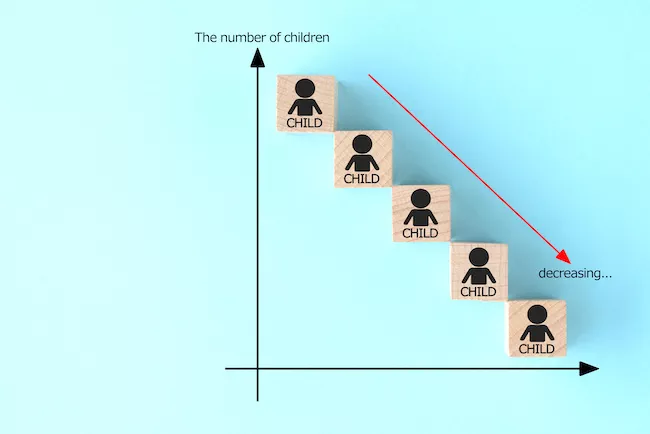
Japan was one of the first of many countries to show a declining birth rate. While GDP and economic growth may not be the ultimate human endeavor, in business the size of the market and the composition of its consumers remain a core focus. As Japan's birth rate decreases the size the native Japanese population, those with an eye for growth and expansion find reason for excitement in contributions from outside the country.
In 2023, the Ministry of Internal Affairs and Communications reported a decrease in the native Japanese population for all prefectures. And at the same time, they showed increasing numbers for foreign residents. Looking at similar data from the 2020 census, the percentage of foreigners living in Japan remains small (at only 2% of the total population), but we can see that percentage increasing.
If foreigners are moving to Japan, and becoming a larger percentage of the total population, where are they coming from? What changes will the new inbound population have on the economy and real estate in Japan?
Immigration to Japan from Asian Countries
In terms of demographics, the biggest foreign populations in Japan are (and always have been) from other Asian countries. Historically, Koreans living in Japan were the largest percentage of foreigners. As recently as 1985, Koreans made up 65% of foreign residents in Japan. It was about that same time that the Chinese began to arrive in greater numbers. In the 2010 census, the Chinese were recorded to be 29% of foreigners (outnumbering the Koreans for the first time) becoming the largest non-Japanese population in Japan.
Chinese Influence on Real Estate in Japan
The 2020 Japanese census shows that the largest non-Japanese populations in Japan are the Chinese, Koreans, and Vietnamese (at 28%, 16%, and 13% of the foreign population). For comparison, in that same 2020 census, the citizens of the United States made up just 2% of the foreign population for Japan, with citizens of the UK representing less than 1%.
At the level of sheer net in-migration, the story for Japan is indeed about its Asian neighbors. And realtors in Japan can feel this in the flow of day-to-day transactions with buyers and sellers. Most buyers are still Japanese, of course. But as for transactions with non-Japanese buyers, we do see a predominance of Asian faces. Recent currency exchange rates provide another aspect to the story of the impact of Asian investors on the Japanese economy and local real estate markets.
Beginning with China: In the same period that the Chinese started moving to Japan in larger numbers, the economy of China has grown dramatically and China has become a recognized global power. The Chinese appetite for international real estate acquisition is well known, with purchases here in Japan, but also in the United States, Canada, Australia, and more recently with increasing interest in African and South American assets.
Value of Asian Currencies Versus the Yen

Part of the leverage the Chinese have used to buy property in Japan comes from growth in their own economy, but is also impacted by the exchange rate versus the Japanese yen. At the time of the last census in 2020, one Chinese yuan was worth 15 yen. As of July 2023, that same yuan is worth 20 yen, an increase of 31%.
As the value of a foreign currency increases, foreign investors can buy more property for the same capital outlay. As the value of their own currency rises versus the yen, Chinese buyers can capture more value on the same budget, and both private and corporate real estate investments in Japan are increasingly attractive.
China is not the only country with a currency that is increasing value versus the yen. In fact, for the group of countries including China, Hong Kong, Taiwan, Singapore, and Vietnam, on average those currencies have increased by 32% since 2020. Of that group, China actually has had the second lowest gains. From its Asian neighbors, the standout currency versus the yen has been the Singapore dollar, which has gained 38% since 2020.
Perhaps based on both geo-political factors and some relative weakness in the Chinese yuan, for the real estate markets in Japan, countries like Singapore show increasing relevance in both buying power and in day-to-day transactions with foreigners looking to buy real estate in Japan.
This influx of capital from neighboring countries impacts all aspects of real estate in Japan. Geopolitical changes in Taiwan or Hong Kong can make Japan a more stable option for business. The Chinese are finding good deals on apartment buildings, as well as higher yield for Japanese rental units compared to returns in their home country. In areas like Hokkaido, Asian buyers are purchasing vacation homes in Niseko and Furano (and setting up Airbnb-style "minpaku"), in part to rent to Asian visitors on vacation from their home countries. Asian investment capital is having an impact in all of these areas.
Exchange Rates and Foreign Real Estate Investments
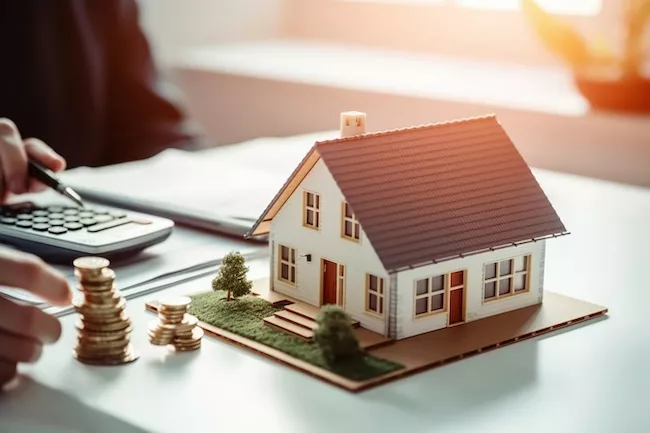
In his classic book on real estate, Christopher Dillon writes, "If you operate in yen and a second currency, you'll need to manage your foreign exchange risk to ensure that a change in value of the yen doesn't increase your costs or decrease your income" (from: Landed Japan, 2018). And that is true, and has different implications for buying versus holding real estate in Japan.
Incentives to Buy and Hold Real Estate in Japan
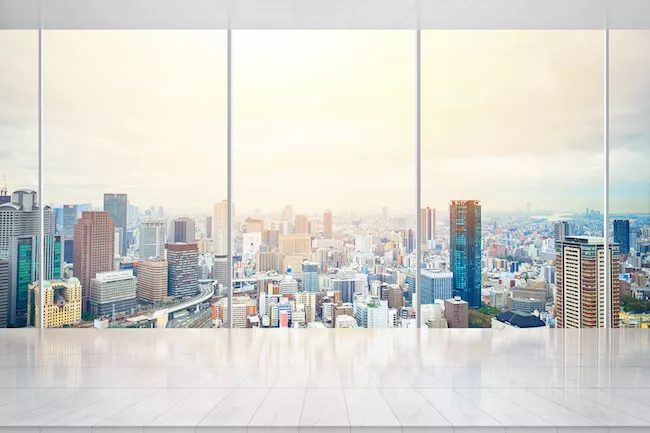
Investors from Asian countries outside of Japan benefit from the strength of their own currencies in the buying process. And as long as they keep any revenue from rent, commercial contracts, and from resale in Japan, those investments are protected due to economic and political stability in this country. But if those investors bought at a certain price (in yen), and the yen is devalued versus their own currencies, they may suffer losses as they pull that value back into their home countries and currencies.
There are economic incentives to both buy and hold real estate in Japan. But trying to take gains out of the country means the recent trends in the exchange rate work against them.
For now, trends in demographics and economics show rising influence and opportunity for Asian buyers. Strong economies in neighboring countries and the high-value of their currencies work to encourage interest in Japanese real estate. It also puts some market pressure on local Japanese buyers, as they have increasing competition from international bidders.
In any case, these recent trends help to bring an influx of capital to Japan, which could be welcome to the Japanese sellers and many real estate professionals, and to the overall economy of Japan in the larger sense.
